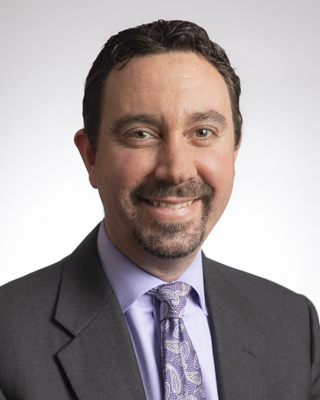It’s impossible to go through life without making decisions. One would think with all the practice we get, we would become pretty good at it, but this idea is not supported by research. Since quality of life is influenced by our important decisions, the matter of decision-making is worth our attention.
What Would You Do with Clive?
Thanks to authors and business gurus, brothers Chip and Dan Heath, we have a powerful resource in their book, Decisive: How to Make Better Choices in Life and Work (Crown Business Books, 2013). Excerpt:
Shannon, the head of a small consulting firm, is agonizing about whether to fire Clive, her IT director. Over the past year, Clive has consistently failed to do more than the minimum required of him. He’s not without his talents — he’s intelligent and has a knack for improvising cheap solutions to technical problems — but rarely takes any initiative. Worse, his attitude is poor. In meetings, he is often critical of other people’s ideas, sometimes caustically so. Unfortunately, losing Clive would cause problems in the short-term. He understands how to maintain the company’s database of clients better than anyone else.
The Human Brain
If you followed your thought process while reading this, you may have observed something remarkable: we tend to form judgments and come to decisions rather easily. You may have fairly quickly thought Clive should be fired — or perhaps that he should be retained. Either way, you had an impression of Clive and probably an emotional response. That emotion may have triggered a quick judgment. Even if you believed you needed more information in order to make a decision, research demonstrates you would probably be drawn to evidence that supports what you already believe.
According to the authors, even when we are purposeful about slowing down to think, carefully pulling together and analyzing our thoughts, the brain still takes a lot of shortcuts. We tend to narrow our focus on what is immediately obvious. We seek confirmation of our existing biases. We’re influenced by our current emotional state, and we’re usually overconfident about our final decisions. Our ability to decide quickly is far from useless, though; it’s helpful when deciding what kind of burrito to have for lunch. However, this talent can create bad outcomes when the issues are more complicated than what we want for our next meal.
Consider the following survey results and the extent to which flawed decision-making can affect lives: 44% of lawyers would not encourage a young person to pursue a career in law; 87% of mergers and acquisitions fail to create any value for shareholders; 60% of business executives thought their own bad decisions were as frequent as their good ones; the majority of marriages end in divorce.
Overcoming Mental Habits
It’s not easy to overcome the mental habits that lead to unintended outcomes. In most cases, the answer to making better decisions lies in creating a process that anticipates our brains’ mental shortcuts, such as the Heath brothers’ WRAP process: Widen your options; Reality-test your assumptions; Attain distance before deciding; Prepare to be wrong.
The Bell Financial Planning Process
What I find remarkable is how closely this recommended decision-making process is aligned with those we provide to our Bell clients, and in particular how our financial planning process works. For example, clients often embark on financial planning for that final product. This is a narrow focus. In fact (and our clients come to realize this) most of the value of financial planning comes from the process itself, which is designed to expand the possible options and solutions to a client’s situation. While emotional considerations are inherent in planning, space is created between emotions and decisions. Our process includes testing multiple scenarios, and as life circumstances change, the plan itself can be reviewed and altered.
If we had to make all of our decisions using a process as if we were doing financial planning, we would never make it to work in the morning. But for significant decisions, a good process means significantly better outcomes.


